OUTLINE:
Do You Know How Often You Use Biomedical Sensors Throughout the Day?
 545
545Biomedical sensors play a pivotal role in modern healthcare by converting physiological information from the human body into electrical signals, enabling the monitoring, diagnosis, and control of various medical parameters. These sensors have become indispensable in the healthcare industry, replacing some traditional diagnostic methods and enhancing patient care. In this article, we'll explore the working principles, characteristics, classifications, functions, and applications of biomedical sensors, highlighting their critical role in healthcare technology.
Working Principle
Biomedical sensors serve as extensions of a healthcare provider's sensory organs, capturing critical physiological information. They can convert both electrical and non-electrical human physiological data into electrical signals. These sensors detect internal (e.g., blood pressure), body surface (e.g., ECG), and external (e.g., infrared, biomagnetism) signals, enabling a comprehensive understanding of a patient's health status.
Biomedical Sensor Characteristics
Biomedical sensors must meet stringent criteria to ensure their effectiveness and safety:
Technical Performance: These sensors should exhibit qualities like sensitivity, linearity, and signal-to-noise ratio.
Anatomical Compatibility: Sensor design should align with the body's structure, minimizing tissue damage.
Minimal Impact: Sensors should not impede physiological activities or interfere with normal functions.
Durability: Sensors must be robust to prevent damage or detachment during use.
Electrical Insulation: Ensuring electrical safety between the sensor and the human body is crucial.
Biocompatibility: Sensors must not corrode, irritate, or be toxic to the body.
Blood Compatibility: Sensors that interact with blood must not cause blood-related issues.
Ease of Use: Sensors should be simple to operate, maintain, and sterilize.
Biomedical Sensors Functions
Biomedical sensors serve several vital functions in healthcare:
Diagnostic Information: They provide critical data like heart sounds, blood pressure, and body temperature for clinical diagnosis and research.
Monitoring: Sensors enable continuous parameter monitoring to ensure patients stay within safe ranges, triggering alerts for healthcare providers when anomalies occur.
Human Body Control: Sensors can control physiological processes, such as respirators synchronizing with a patient's breathing or electronic prostheses responding to electromyographic signals.
Clinical Tests: Biomedical sensors are used to analyze body fluids for biochemical information, aiding disease diagnosis.
Biomedical Sensors Applications
These sensors have a wide range of applications in healthcare:
1. Blood Glucose Monitoring
Continuous glucose monitoring sensors help individuals with diabetes monitor their blood sugar levels in real-time. These sensors can provide alerts for managing insulin and dietary adjustments.
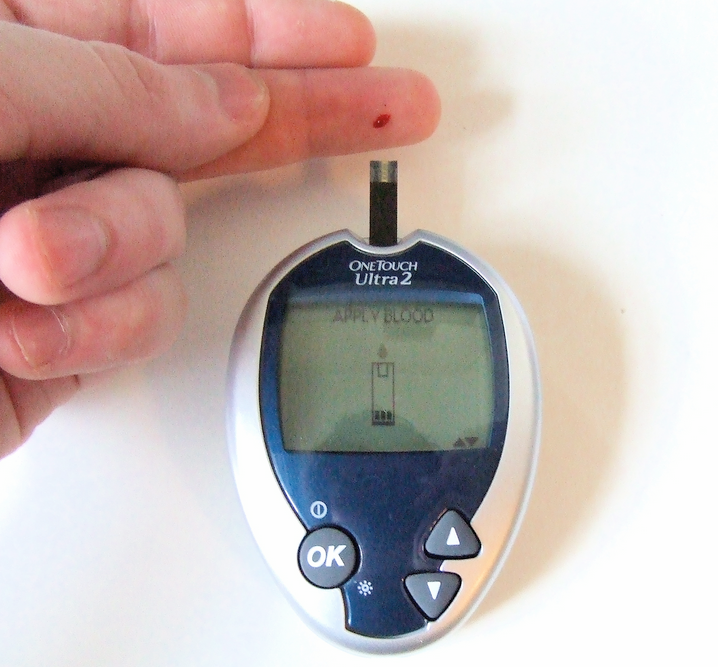
2. Pulse Oximetry
Pulse oximeters use optical sensors to measure oxygen saturation levels in the blood, helping to monitor respiratory and cardiovascular health. They are commonly used in hospitals and by individuals with certain medical conditions.
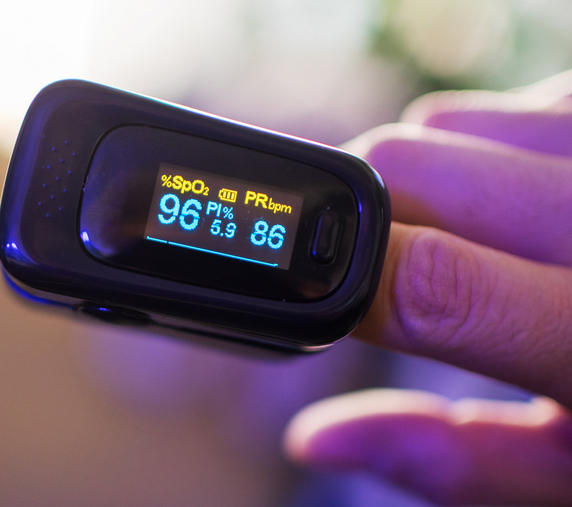
3. Respiratory Rate Monitoring
Sensors can measure respiratory rate and patterns, aiding in the monitoring of patients with respiratory conditions such as asthma or sleep apnea.
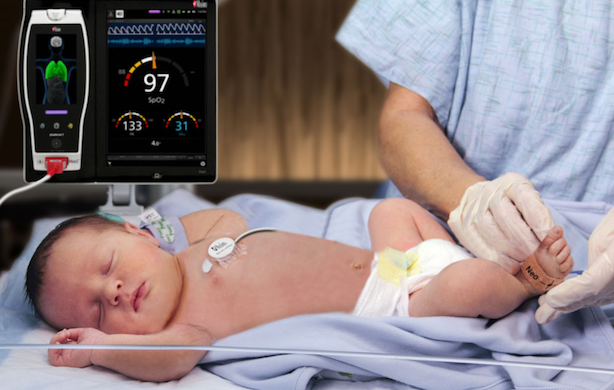
4. Blood Pressure Monitoring
Automated blood pressure monitors use sensors to measure systolic and diastolic blood pressure. These sensors are essential for diagnosing hypertension and monitoring cardiovascular health.
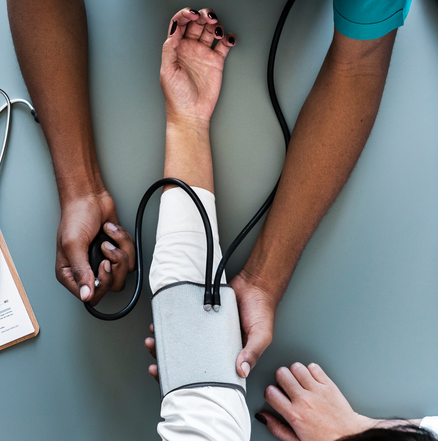
5. Body Temperature Monitoring
Temperature sensors are widely used for monitoring body temperature. They are essential for diagnosing fevers and monitoring patients during surgery or in intensive care units.
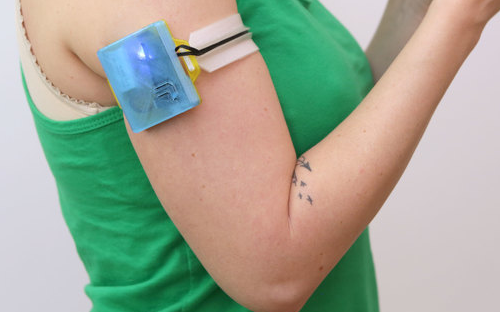
6. Endoscopy and Laparoscopy
Miniaturized sensors are integrated into endoscopic and laparoscopic instruments to provide real-time imaging and diagnostics within the body, aiding in minimally invasive surgeries and diagnostics.
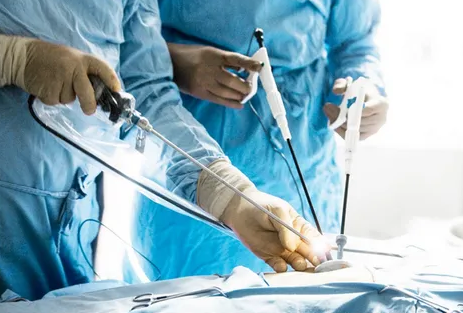
Biomedical Sensors Development
Biomedical sensor development encompasses basic research and productization. Recent advances focus on wearables, AI, surgical robots, and miniaturization, addressing the limitations of traditional biomedical sensors. This technology is a key driver of advanced medical equipment and the healthcare industry as a whole.
In conclusion, biomedical sensors are indispensable in modern healthcare, revolutionizing patient care, diagnosis, and treatment. Their diverse applications, from patient transfers to rehabilitation and disease diagnosis, make them crucial in enhancing the quality of healthcare services. The continued development of these sensors promises even greater advancements in medical technology, ensuring better patient outcomes and a healthier society.

Disclaimer: The views and opinions expressed by individual authors or forum participants on this website do not represent the views and opinions of Chipsmall, nor do they represent Chipsmall's official policy.

share this blog to:

